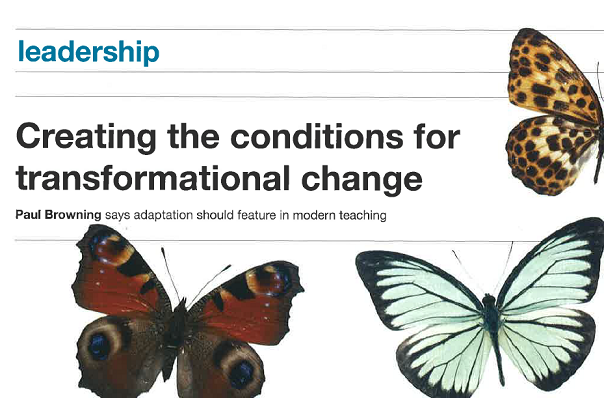Having recently attended Dr Paul Browning’s seminar Trust in Leadership: How trusted are you as a leader? I am onto his ebook. Compelling Leadership: The importance of trust and how to get it
Trust – as highlighted in the first post, is both intriguing and elusive, hard to define but evident in its absence.
…we notice trust as we notice air, only when it becomes scarce or polluted Baier (1986) (p234).
If a shortcut is warranted (and I don’t believe it is) then Hall (2009) interviewed 600 people about what the word meant. The top five responses included: honesty, genuineness, integrity, selflessness and consistency. The converse; dishonesty, selfishness, scheming, incongruence and backstabbing.
Given that – I underline that Paul keeps on reminding us, that
…trust is a socially constructed phenomenon. What trust means to one person will be different to the next because we all have different life experiences.
Paul also acknowledges that certain behaviours erode or undermine trust and that ultimately in an absence of trust people are increasingly unwilling to take risks and demand greater protections to defend their interests, (Tyler & Kramer, 1996); issues are seldom discussed and never resolved; and people are likely to say only those things they expect others want to hear (Lovell & Wiles, 1983). Leader then have to resort to seeking to control people through manipulation
or coercion.
Sergiovanni states that trust is so important in a school that it is vital to firstly build trust before anything else, even before a leader develops a vision.
The next sections of Paul’s book explores the findings of his PhD research and the ten key practices that engender trust between a leader and his/her staff. The books does what you need it to, here I plan to reflect on my two years in headship to try and find areas for improvement.
Admit mistakes
Previously, I certainly saw having to admit a mistake was almost a signal of poor practice in the first place. It may well be so however hiding, disowning, ignoring a mistake only endorses this practice from others.
What I had not considered was the power of showing humility. What you get from Paul’s presentation is his emphasis on fixing the mistake.
Offer Trust
One of the most powerful actions for gaining the trust of others is to firstly give it. – Dr Paul Browning
I am not sure anything more is needed? This message came through loud and clear from Captain Michael Abrashoff’s It’s Your Ship: Management Techniques from the Best Damn Ship in the Navy.
Regularly, my default message to staff is if it doesn’t put a student or staff member at risk, if it doesn’t cost money, then make a decision.
Paul goes onto to highlight that “offering trust went beyond the empowerment of staff to perform their roles; it encouraged many staff members, to extend themselves and grow professionally.” From my perspective, it also promoted collaboration between staff, who sought out advice and solutions given the trust on offer.
We circle back around to
You can mandate adequacy; you can’t mandate greatness. It has to be unleashed. – Joel Klein
Actively Listen
The Head listens far more than they speak. They have the ability not to be distracted, to give eye contact, ask clarifying questions, and listen carefully not just to what is said audibly by the staff member, but also for the words that are not uttered. – Dr Paul Browning
In his presentation, Paul talked about listening to what lies behind the words; the values that underpin what is being said. So I tried it three times this week in one-to-one conversations. I have to say, identifying, sharing and confirming the values set, seemed to strip back the context and get to the heart of the issue. Summarising my preposition as a way of demonstrating I was listening seemed to be appreciated?
What you said was…
This led me to believe that you are proposing or at least asking for – greater equality or at least parity?
Furthermore, whilst I have been writing, I have been discussing elements of Compelling Leadership with Paul via DM on Twitter. We talked about clarifying questions to close conversations.
Paul offered ‘do you want me to do something about this or are you just telling me because you need to share?’
I offered, “Have you got everything you need from this conversation?”.
Both questions showing active engagement (rather than listening) in the conversation and pass ownership over to the colleague. Quite often the person I am talking may add further commentary when I thought we were finished.
Lastly, I know that I think too much… Maybe that is why crystallising it down to the values being discussed improved the conversations I held this week? I also know that I am responsible for not only what I say, but what is understood and that clarifying process is important for me and for our staff. (Not at the expense of being succinct though).
Coming next: Provide affirmation, make consultative decisions and being visible.


